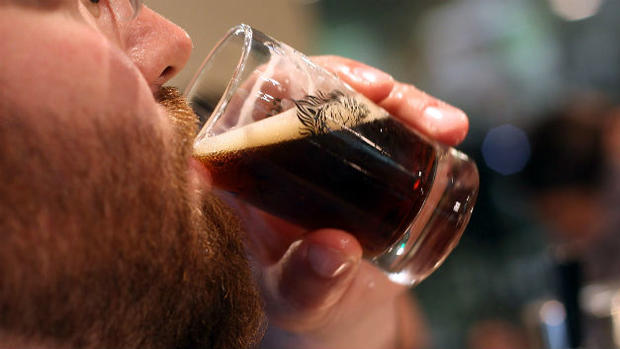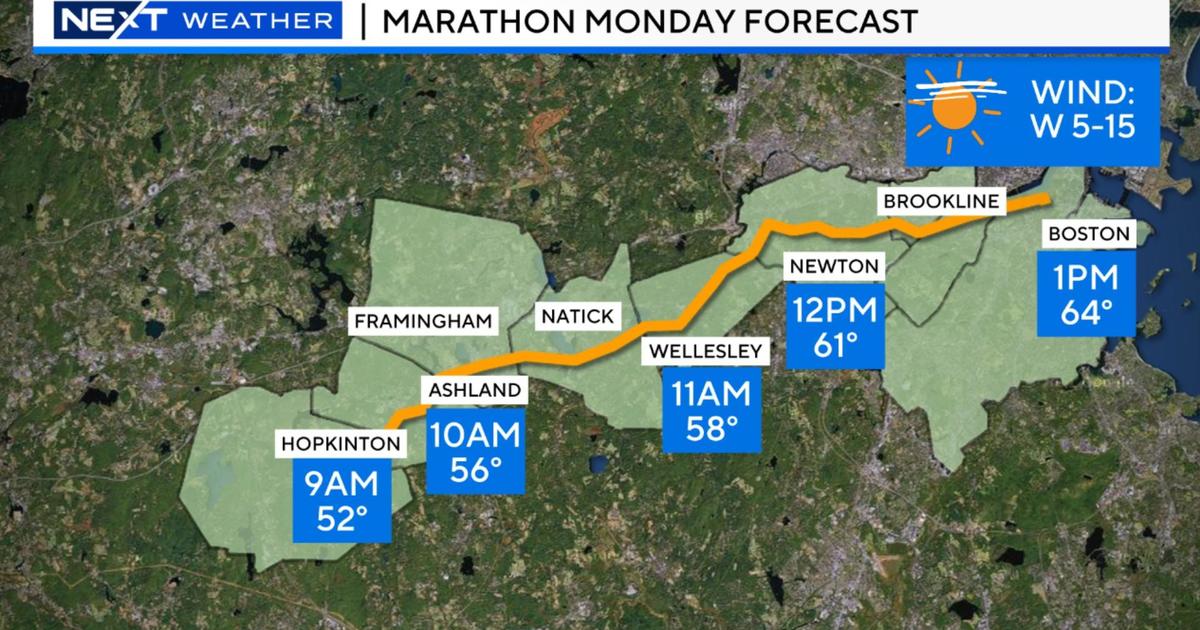Ask A Boston Expert: Tips For Brewing Your Own Beer
The Urban Grape in Boston's South End is the absolute best curated wine shop in the city, but what you may not realize is that they also have a fabulous selection of craft beer. Their specialty beer program is known as Urban Hops and seeks to find the perfect beer for every customer. They offer craft brews from around the world, hand-picked by their Urban Hops team. Today, one of their passionate craft beer specialists, David Pavlus, shares his top five tips for successfully brewing delicious beer right at home!
Urban Hops at The Urban Grape
303 Columbus Ave.
Boston, MA 02116
theurbangrape.com/urban-hops
David started home brewing around eight years ago after receiving a Brooklyn Brew kit as a gift for Christmas, and he was hooked after that. His passion for home brewing inspired him to make beer his career. He spent seven years running his own fitness business, but found himself reading more about beer than fitness in his spare time and decided that he needed to make craft beer his life. He has been working at the Urban Grape in the South End of Boston for 10 months now and loves talking beer with the customers. Additionally, he just passed the test and achieved the rank of Certified Cicerone.
Sanitation is everything when it comes to making beer. You can't make good beer if you aren't cleaning and sanitizing all of your equipment. I live by two products from a company, 5 Star Chemicals, called PBW (powdered brewers wash) which is a great all-purpose cleaner for all of your brewing equipment. Another of their products called Star San, a no rinse acid sanitizer. The use of these two products is absolutely crucial for me on brew day. If you aren't cleaning and sanitizing your equipment it can lead to infections from wild yeast in your beer, which can cause all kinds of nasty off flavors like butter, vinegar, medicinal, and burnt plastic. These are generally not desirable traits in beer.
Check your starting and finishing gravities. Specific gravity is the measurement of sugar that is in the wort or finished beer. A hydrometer is the easiest way to check your specific gravity. Yes, you will have to sacrifice a little beer to take these measurements, but I would rather have a little less really good beer than a little more really bad beer. I know a lot of home brewers that don't bother with this step because they don't want to waste a single drop of beer, but it is an important step for making good beer. If the starting gravity is higher or lower than you thought, it can have a significant impact on other factors like hop bitterness and the amount of alcohol in the finished beer. If someone isn't familiar with how to use a hydrometer, there are multiple videos available on youtube.com that give a step by step explanation of the process.
Do a yeast starter. This is a step that I neglected for the first couple of years in my home brewing process, and it showed in my beer. The vial or package of yeast that you get from your local homebrew shop is intended for five gallons of beer with roughly a 1.056 starting gravity. Additionally, that yeast has generally been in that vial or package for several weeks or longer when you buy it and may not be in the healthiest condition. By adding the yeast to some wort 24 to 36 hours before you brew, it will wake that yeast up and get them ready to start fermenting. I like to use a stir plate for my starters, but this isn't a necessity. There are several calculators available on the internet to figure out how much yeast you will need in order to make the style of beer you want.
Related: Boston's Best Specialty Boutiques that Opened In 2015
Whether you are an extract of all-grain brewer, you want to make sure you are using the freshest, highest quality ingredients that you have available to you. This is especially important when it comes to hops. If you are trying to achieve the same dank, citrus, tropical fruit aroma and flavors in your hoppy beers as some of the professional brewers, then you can't be using old hops from the back of your freezer.
I have saved my most important tip for home brewing for last. Have fun! Remember it's just beer and you should enjoy the journey! Cheers!
Related: Boston's Best Winter Beers
Cameron Bruns is the founder of BostonGreenBlog.com and co-author of Just Us Gals Boston. She lives in Boston's North End, where her goal is to promote ethical, stylish, and sustainable lifestyle choices to all Boston residents. Her work can be found on Examiner.com.




